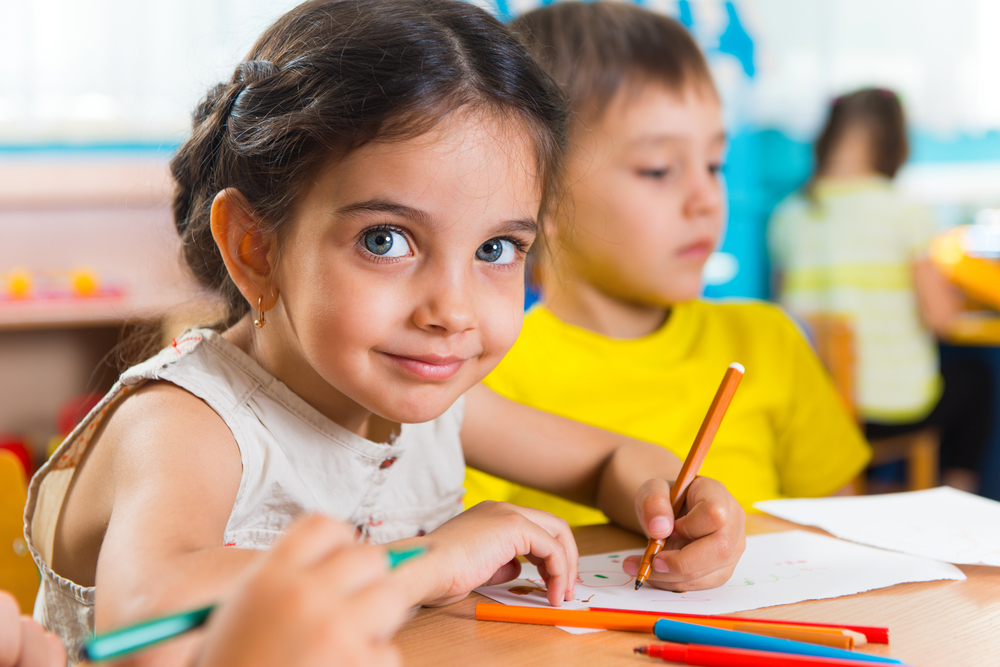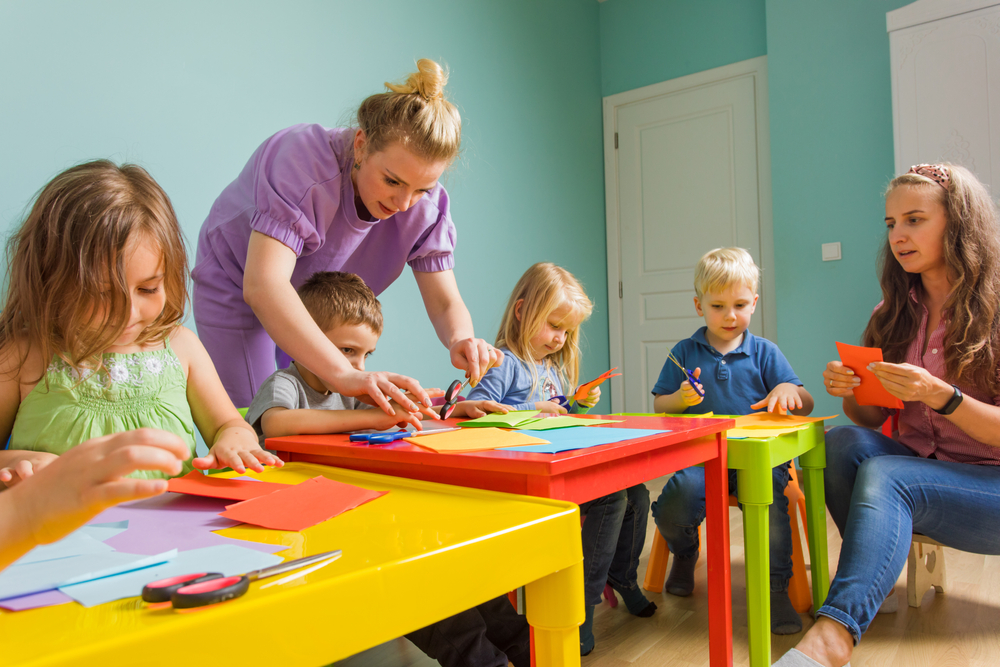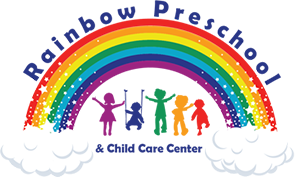
As preschool is in every way a providing school setting for young kids, it comes naturally to assume it follows the typical grading system. Understandably for a parent to think of the what ifs—what if my child fails in preschool?
The no and yes answer
It is rare, but there are instances when parents receive advice to let their kids retake a preschool program. However, it doesn’t mean that a child fails in class. It cannot also imply that one is non-eligible to be promoted to pre-k or kindergarten. Often, the aim of suggesting retaking the program is according to progress or further support that a pupil needs.
One excellent point why it is reasonable to re-enroll in a preschool class is the learning phase of the pupil. As every child is unique, it is feasible that some take more time to warm up before enjoying school time. When a child finally does, it is ideal for extending one’s preschool time. It is an opportunity to grab so that the pupil can take advantage of preschool’s values and benefits. Often also, young pupils start to be interactive after a while. The enthusiasm can emerge in the middle or last part of the school year.
Another logical motivation for extending time in preschool is kindergarten. Preschool is a course to prepare young kids for their primary education, which can be a brand new and different setup. Early childhood education can foster valuable skills and traits to thrive in kindergarten and beyond. And it does take time to achieve because it involves various aspects—social, emotional, cognitive, and motor. Plus, it’s worth establishing rapport between parents, teachers, and other school community members to help young learners.
In summary, the possibility of retaking a preschool program is not in the concept of failed performance. It is not similar to primary or higher education grading systems or practices. Enrolling in a preschool is also a choice for parents. And it is up to them whether to follow the suggestion to take another preschool class or not.
Additionally, preschool promotes child development and a satisfying learning experience for young kids. If the school cannot provide that, it fails its mission. It is what failure means in preschool—if the goals and benefits of early childhood education do not transpire.
What works in preschool

When children enter preschool, they are being introduced not to schooling only but to how to be learners. Teachers anticipate that some pupils have no or less prior experience in reading, writing, solving math, or participating in the class. It is also called emergent literacies. Thus, the main goal is to let kids gradually adopt traits and skills that help them be good learners. And to achieve that, educators use approaches that are effective for them. It is where hands-on and play-based learning come in.
An indication of a successful preschool journey is when a kid develops the enthusiasm to be a student. It is the love of learning, whether the activity is fun or challenging. Note that part of what kids adopt in a quality preschool program is uplifting their self-esteem, self-control, creativity, problem-solving skills, and more. Apart from these, it’s good to remember that a nurturing preschool and child care center can provide an environment where their social and emotional development is highly supported.

Recent Comments